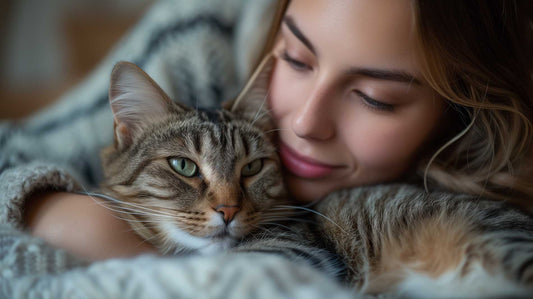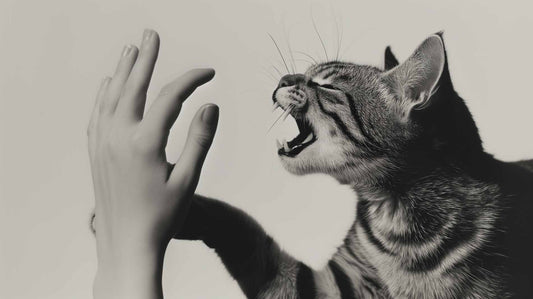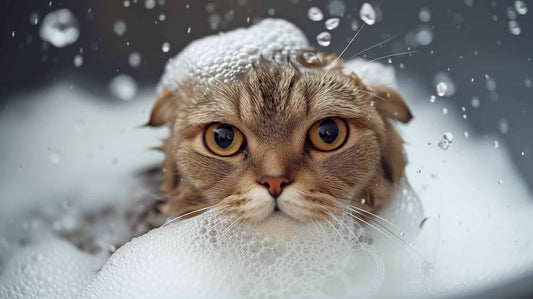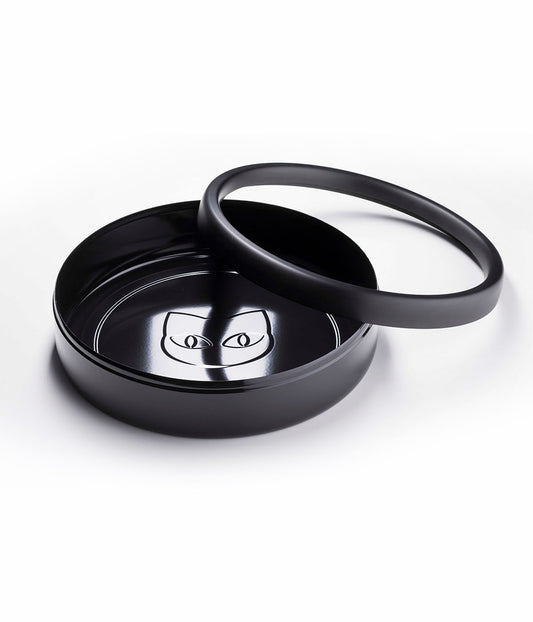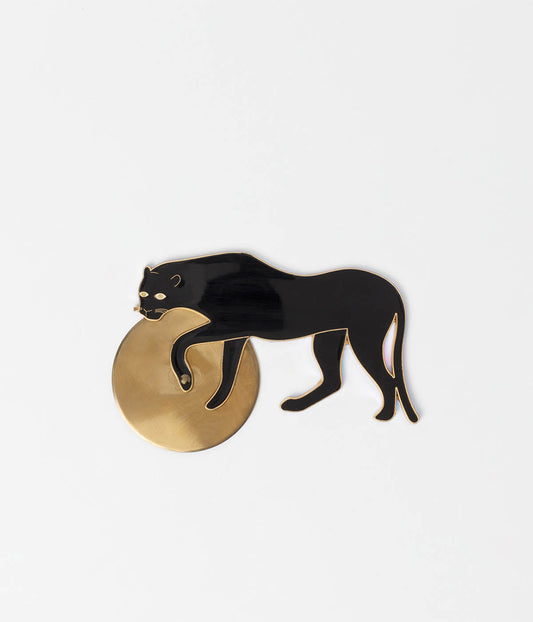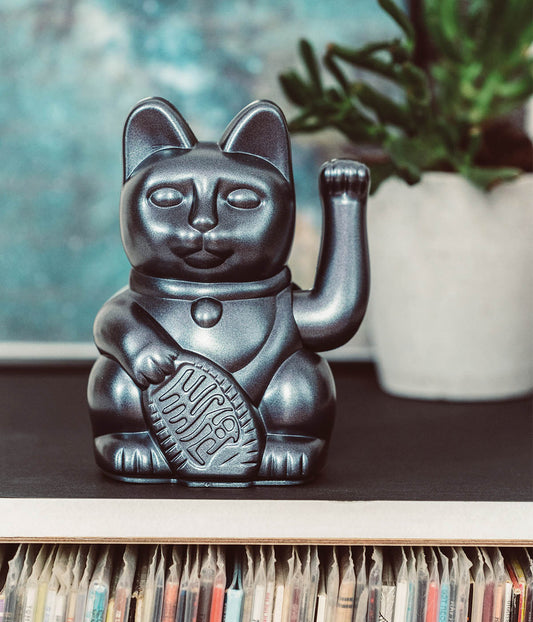
The Most Important Things to Remember for Your Aging Cat's Health
Marie DuchessAs your beloved feline companion enters their golden years, it's crucial to prioritize their health and well-being. Aging cats require special attention and care to ensure they live a comfortable and fulfilling life. To help you navigate this stage of your cat's life, here are some important things to remember:
1. Regular Veterinary Check-ups
Just like humans, cats are prone to age-related health issues. Regular check-ups with a veterinarian become even more crucial as your cat gets older. These visits allow the vet to monitor your cat's overall health, detect any potential problems early on, and provide appropriate treatment.
2. Balanced Diet
Aging cats have different nutritional needs compared to their younger counterparts. Consult with your veterinarian to determine the best diet for your senior cat. They may recommend a specialized senior cat food that addresses their specific needs, such as joint health or weight management.
3. Weight Management
Obesity can exacerbate various health issues in aging cats, including arthritis and diabetes. Help your cat maintain a healthy weight by providing them with a balanced diet and engaging them in regular exercise. Consult your veterinarian for guidance on portion control and suitable exercise routines.
4. Dental Care
Oral health is crucial for cats of all ages, but it becomes even more important as they age. Dental problems can lead to pain, difficulty eating, and other health issues. Regular brushing, dental treats, and annual dental cleanings can help prevent dental diseases and keep your cat's teeth and gums healthy.
5. Environmental Adaptations
As your cat ages, they may experience changes in mobility and sensory abilities. Make their environment more accessible by providing ramps or steps to help them reach their favorite spots. Additionally, consider using litter boxes with lower sides to accommodate any mobility issues.
6. Mental Stimulation
Keeping your aging cat mentally stimulated is essential for their overall well-being. Provide them with interactive toys, scratching posts, and puzzle feeders to keep their minds engaged. Spending quality time with your cat through play and gentle grooming can also help strengthen your bond.
7. Comfortable Sleeping Areas
Senior cats tend to sleep more, so it's important to provide them with comfortable sleeping areas. Consider providing soft bedding in warm and quiet areas of your home where they can rest undisturbed. Orthopedic beds can also provide extra support for aging joints.
8. Regular Exercise
While your aging cat may not be as active as they once were, regular exercise is still important to maintain their muscle tone and joint flexibility. Engage them in gentle play sessions using toys that encourage movement. However, always be mindful of their limitations and avoid overexertion.
9. Monitoring Behavior Changes
Keep a close eye on any changes in your cat's behavior, as they may indicate underlying health issues. Look out for signs of pain, changes in appetite or litter box habits, increased thirst, or excessive vocalization. If you notice any concerning changes, consult your veterinarian promptly.
10. Unconditional Love and Attention
Lastly, shower your aging cat with love and attention. They may require extra care and patience as they navigate the challenges of aging. Spend quality time with them, provide gentle affection, and ensure they feel safe and secure in their environment.
By following these important guidelines, you can help ensure that your aging cat enjoys a happy and healthy life well into their senior years. Remember, your cat's health and well-being are in your hands, and they rely on you for their care and comfort.

